What's Cooking in the Kremlin FROM RASPUTIN TO PUTIN, HOW RUSSIA BUILT AN EMPIRE WITH A KNIFE AND FORK
Translated by Antonia Lloyd-Jones
A high-spirited, eye-opening, appetite-whetting culinary travel adventure that tells the story of the last hundred years of Russian power through food, by an award-winning Polish journalist who’s been praised by both Timothy Snyder and Bill Buford
In the gonzo spirit of Anthony Bourdain and Hunter S. Thompson, Witold Szabłowski has tracked down—and broken bread with—people whose stories of working in Kremlin kitchens impart a surprising flavor to our understanding of one of the world’s superpowers.
In revealing what Tsar Nicholas II’s and Lenin’s favorite meals were, why Stalin’s cook taught Gorbachev’s cook to sing to his dough, how Stalin had a food tester while he was starving the Ukrainians during the Great Famine, what the recipe was for the first soup flown into outer space, why Brezhnev hated caviar, what was served to the Soviet Union’s leaders at the very moment they decided the USSR should cease to exist, and whether Putin’s grandfather really did cook for Lenin and Stalin, Szabłowski has written a fascinating oral history—complete with recipes and photos—of Russia’s evolution from culinary indifference to decadence, famine to feasts, and of the Kremlin’s Olympics-style preoccupation with food as an expression of the country’s global standing.
Traveling across Stalin’s Georgia, the war fronts of Afghanistan, the nuclear wastelands of Chornobyl, and even to a besieged steelworks plant in Mariupol—often with one-of-a-kind access to locales forbidden to foreign eyes, and with a rousing sense of adventure and an inimitable ability to get people to spill the tea—he shows that a century after the revolution, Russia still uses food as an instrument of war and feeds its people on propaganda.
Witold Szabłowski is an award-winning Polish journalist and the author of What’s Cooking in the Kremlin, How to Feed a Dictator, and Dancing Bears: True Stories of People Nostalgic for Life Under Tyranny. When he was twenty-four he had a stint as a chef in Copenhagen, and at age twenty-five he became the youngest reporter at one of Poland’s largest daily newspapers, where he covered international stories in countries including Cuba, South Africa, and Iceland, and won awards for his features on the problem of illegal immigrants flocking to the European Union and the 1943 massacre of Poles in Ukraine. His book about Turkey, The Assassin from Apricot City, won two awards and was nominated for Poland’s most prestigious literary prize. Szabłowski lives in Warsaw.
“Chatty and illuminating.” —The New York Times
“An original work of social history . . . Entertaining . . . Poignant, timely . . . A bitter history lesson taught with humor and grace . . . Detailed, chilling, and priceless.” —Kirkus Reviews (starred review)
“A culinary travelogue infused with dark and savory legends from Russia’s kitchens, dachas, cafeterias, and canteens . . . enriched with recipes gathered during [Szabłowski’s] travels throughout Russia, Ukraine, Belarus, and several ex-Soviet republics. Readers will be satiated by this easily digestible gastronomic history.” —Publishers Weekly
“A riveting account of a uniquely sumptuous cuisine prepared in often grotesque and dangerous settings. Poignant, comical, and, in the best sense, disturbing.” —Paul Freedman, author of Ten Restaurants That Changed America
“This wickedly delicious tale uncovers the secret gustatory history of the Kremlin and will leave you begging for seconds.” —Douglas Smith, author of Rasputin: Faith, Power, and the Twilight of the Romanovs
“I thoroughly enjoyed this book. As a chef and the daughter of Soviet Jewish refugees, I have experienced a lifelong fascination with, mingled with repulsion toward, the food on my ancestral table. What’s Cooking in the Kremlin gracefully captures this perpetual tension—it is what inevitably arises when an extraordinary cuisine becomes a weapon deployed against the very people who’ve made it.” —Bonnie Frumkin Morales, author of Kachka: A Return to Russian Cooking
“A captivating, heartrending, and fascinating book that is more important now than ever with the Ukraine conflict. The chapter about the famine in Ukraine was especially touching for me, as my grandparents and great-grandparents lived through it. You won’t be able to put it down!” —Tatyana Nesteruk, author of Beyond Borscht and founder of Tatyana’s Everyday Food
“By turns poignant and playful, What’s Cooking in the Kremlin offers an invaluable history of Russia viewed from the kitchen and told through engaging stories and oral histories given by cooks who survived the vagaries of the Kremlin’s whims and who toiled through the great afflictions of collectivization, the Siege of Leningrad, the Chernobyl disaster, and more.” —Darra Goldstein, author of A Taste of Russia, The Georgian Feast, and Beyond the North Wind: Russia in Recipes and Lore
“This book will make your mouth water. Witold Szabłowski’s delicious dive into Russian imperial history comes complete with recipes for Stalin’s favorite Georgian Walnut Jam, the Blockade Bread that people ate during the World War II Siege of Leningrad, and the Turkey in Quince and Orange Juice served to Winston Churchill and Franklin D. Roosevelt in Yalta in 1945. A fascinating and insightful culinary extravaganza that explores how the way to the famed Russian soul has always been through the collective stomach.” —Kristen R. Ghodsee, author of Everyday Utopia, Why Women Have Better Sex Under Socialism, and Red Hangover
“A spicy and original romp through Russian history through the tales and recipes of the cooks who served rulers from Nicholas II to Vladimir Putin.” —Robert Service, author of A History of Modern Russia and biographies of Lenin, Stalin, Trotsky, and Nicholas II


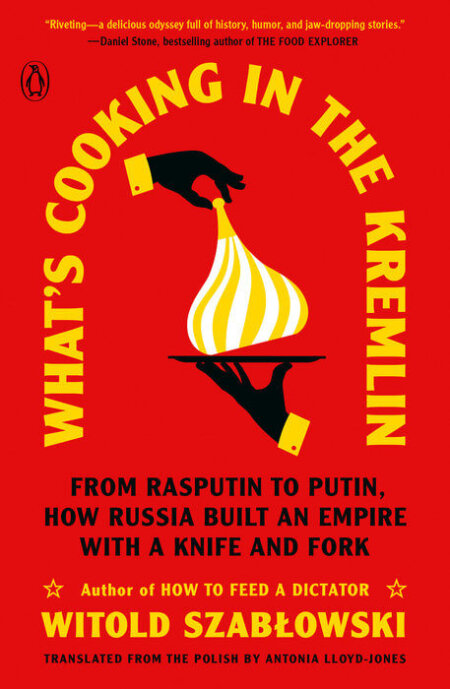


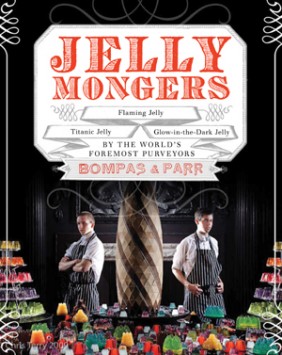
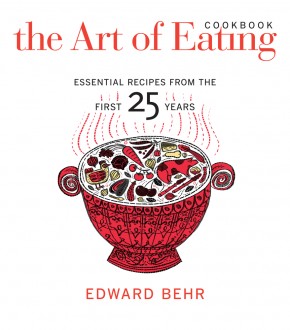
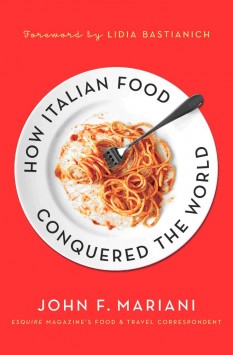
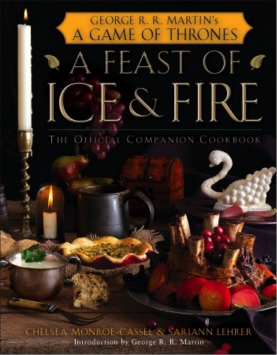
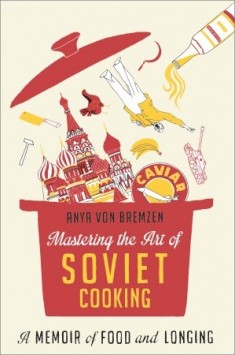
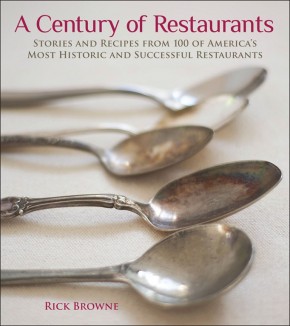
Leave a Reply